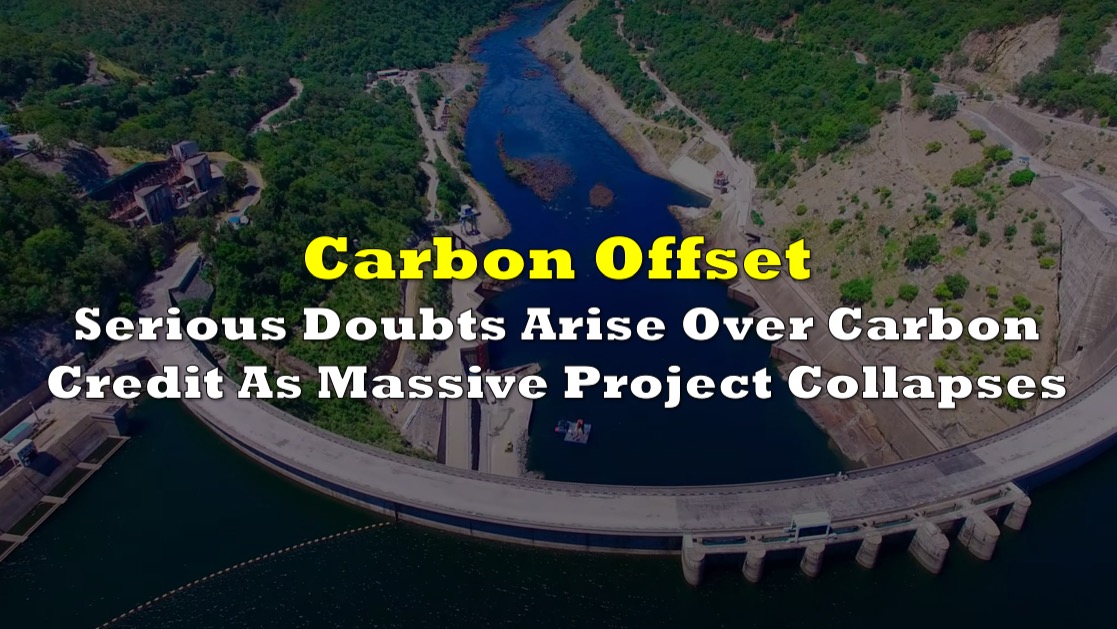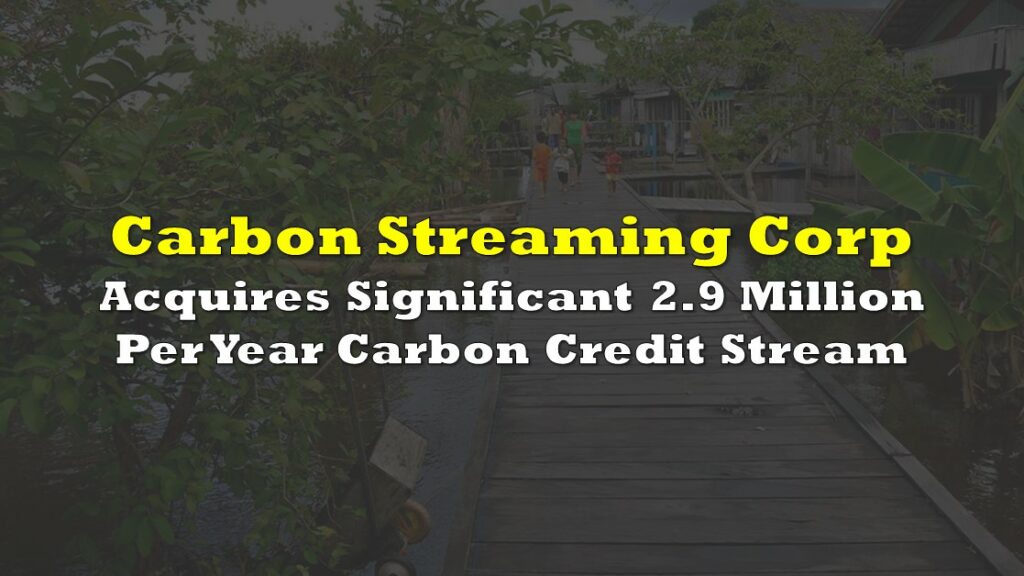The integrity of one of the largest single sources of carbon credits in the $2 billion carbon market is under question due to the collapse of the partnership behind Kariba, a significant project in Zimbabwe supported by the world’s leading carbon offset seller.
South Pole, the company responsible for selling most of the credits linked to the forest-protection project, announced the termination of its contract with Carbon Green Investments (CGI), the owner and developer of the Kariba project. Some of the world’s corporate giants, including Volkswagen AG, Nestle SA, L’Oreal SA, Gucci, and McKinsey, have acquired credits from Kariba, representing millions of tons of greenhouse gas emissions.
This mega-project has faced ongoing scrutiny regarding its business practices, including an investigation by Bloomberg Green in March, revealing significant flaws in the accounting related to carbon credits from Kariba. Most of the project’s earnings have ended up with the two partners rather than the rural communities fighting deforestation, as the companies have claimed.
South Pole, in a statement, noted that the decision to terminate their involvement in Kariba followed careful consideration of the project, associated issues, and public allegations. They added that “all activities related to carbon certification and carbon credits” from the massive Kariba project, equivalent in size to Puerto Rico, would now fall under the responsibility of CGI, signifying the end of South Pole’s role as the carbon asset developer.
Over the past decade, Kariba’s carbon credits have been instrumental in corporate claims of substantial emissions reductions. The project has generated nearly $100 million by selling credits for over 23 million tons of heat-trapping emissions, roughly equivalent to half the annual climate footprint of Switzerland.
However, the recent developments have cast a shadow over corporate emissions accounting backed by Kariba’s credits. While large brands have been silent about how they handle Kariba credits until now, at least one smaller company has reportedly written them off.
The collapse of the Kariba project also presents a risk to the broader carbon market, which has faced challenges this year due to concerns about quality and accusations of greenwashing. This news threatens to undermine one of the market’s underlying insurance mechanisms, known as the credit buffer pool, which is vital for carbon projects vulnerable to wildfires and droughts.
Previous reports have indicated that the project overestimated its climate benefits and delivered less funding than promised to Zimbabwean communities tasked with preventing deforestation. The situation had already put Kariba’s credits in doubt, and Verra, the nonprofit overseeing the project, had put it “on hold” pending an investigation.
The cost of continuing Kariba’s operations is estimated at a minimum of $60,000 per month, and addressing the excess credits already issued could require operating the site for years or even decades without new sales, according to Sylvera, a London-based firm that evaluates the quality of carbon projects.
In an effort to prevent the cancellation of credits awarded since Kariba’s inception, Verra has proposed replacing these credits using its buffer pool. However, this would be an unprecedented situation for a project the size of Kariba and could deplete a significant portion of Verra’s buffer pool.
Gilles Dufrasne, policy lead at Carbon Market Watch, noted, “This is maybe the biggest real-world test we’re seeing so far on the use of buffer pools. Sure, the buffer pool can sustain one big project. It’s going to impact it massively, but the numbers show it can compensate for those credits. But you can’t do it if it’s four, five, or six projects.”
Wouter Kuipers, managing director of trader ACT Commodities, expressed concern about the uncharted territory the carbon market finds itself in, given the seriousness of the situation.
This is the latest in a series of concerns about how offset programs utilize backstops to protect their climate integrity. With climate change increasing risks to natural landscapes, some scientists worry that these insurance mechanisms are under-capitalized.
The Kariba situation also highlights the challenge of replenishing a buffer pool after a major depletion. Verra’s rules state that in cases of poor project management, the project proponent should replenish the buffer pool. For Kariba, that responsibility falls on Carbon Green Investments, operated by Wentzel. The rules also stipulate that the proponent won’t receive credits for any other carbon project until the deficit is remedied.
While Carbon Green Investments is pursuing a new carbon project to protect more than 350,000 acres of land in Zimbabwe, the project’s effectiveness under Verra’s rules remains uncertain.
A Verra spokesman stated that the nonprofit is “aware of these risk and accountability issues and is continuing to investigate the Kariba project and explore how to best proceed.”
Information for this briefing was found via Bloomberg and the sources mentioned. The author has no securities or affiliations related to this organization. Not a recommendation to buy or sell. Always do additional research and consult a professional before purchasing a security. The author holds no licenses.









